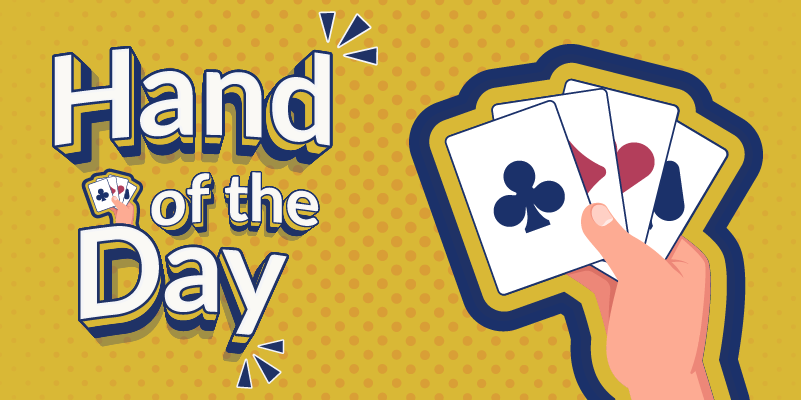



The Aces On Bridge by Bobby Wolff
South’s one no-trump overcall was on the light side to say the least.
Opening Lead: ♥6
With sterile shape and uninspiring honor structure, you can make a sound argument that South ought to pass or perhaps double. I would have driven to game on the North cards facing a vulnerable overcall, but at the table North knew his customer and contented himself with only inviting game.
West led a fourth-highest heart six against two no-trump, to the jack and king. Declarer could envisage losing four heart tricks, so he did not have time to concede two diamonds along the way to setting up the long card. His eighth trick had to come from clubs, and South looked no further than a straightforward finesse of the queen. East had opened the bidding, after all. Alas, West won the king and continued hearts. East switched nimbly to the diamond king to make sure he did not come under discarding pressure later on, after which declarer had to go down. East could let go a diamond and a heart on the run of the spades; and there was no longer any pressure.
South had missed an extra chance in the club suit. Hearts were surely 5-4, but even if they were not, East’s hearts were presumably ace-queen-jack tripleton for his trick-one play of the jack. Thus, declarer could afford one club loser, and should have finessed the club nine on the first round, in case the jack-10 were both onside. If West won cheaply, declarer could later fall back on a finesse of the club queen for his contract.
Bid with the Aces
Answer: Pass
Sadly, double would not be for penalty here, rather it would be responsive: take-out with some values. You had better pass and hope partner can produce another double, which you will happily convert for penalty. Try your best to pass smoothly here, and not convey the fact that you want partner to bid.




Not such a good line when East has xxx/AJx/KQJx/Kxx as you now lose 5 hearts and a club when you had an easy 8 tricks playing for the Opener to hold the King clubs